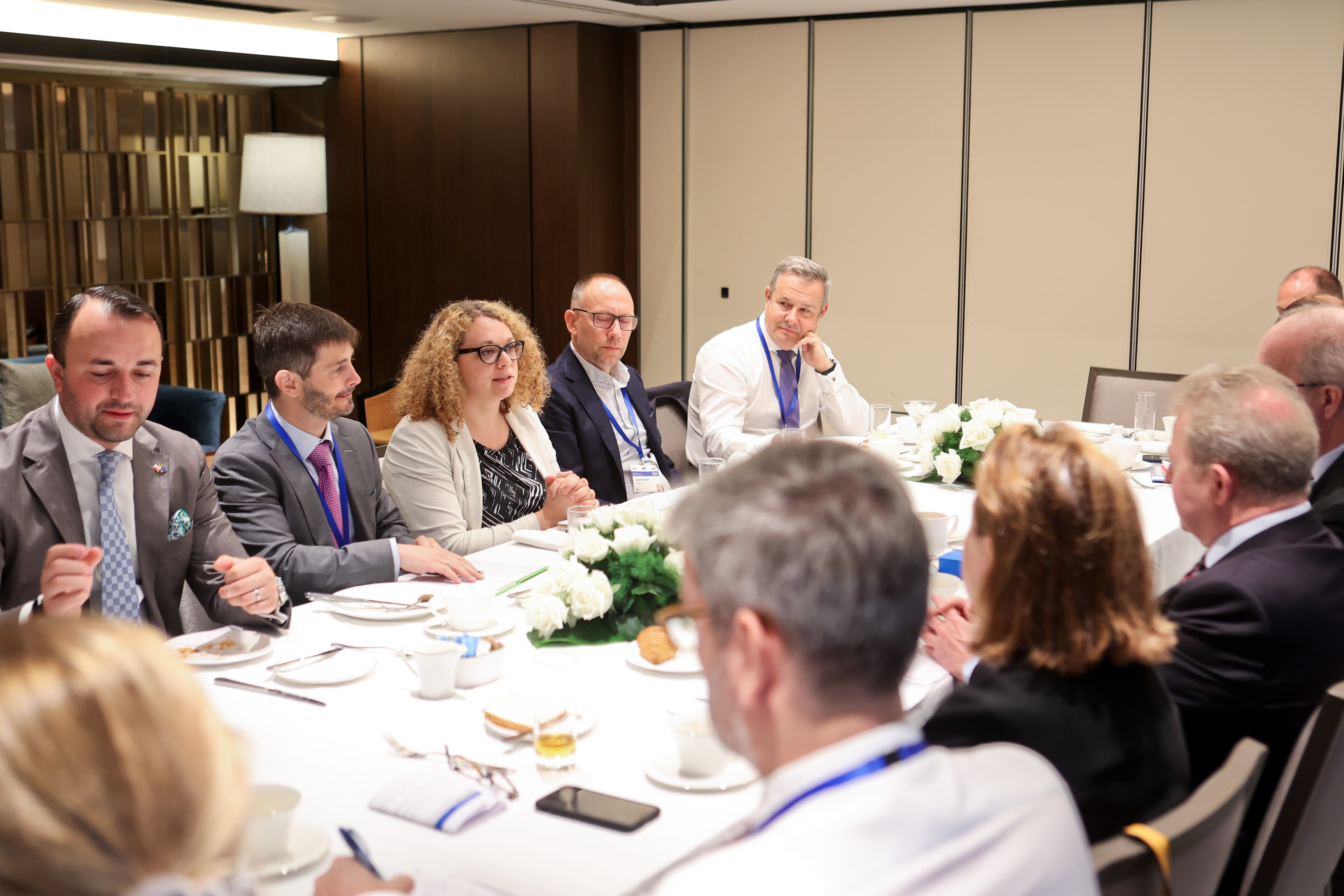
From 10 to 16 July 2022, spiritsEUROPE took part in a High-level mission to Vietnam and Singapore organised by DG AGRI, with the Agriculture Commissioner. A parallel programme of meetings also took place in both countries, with the support of our sister association APISWA. This mission was an integral part of spiritsEUROPE’s trade diversification strategy.
Vietnam
The EU-Vietnam Free Trade Agreement, in force since 2020, and of which spiritsEUROPE was and continues to be a fervent supporter, has the potential to help boost our exports to Vietnam. So far, however, this has not been translated into a visible increase in both direct exports & exports through Singapore, due to the combined effects of covid-related restrictions (Vietnam only reopened to tourism in Spring of this year) and tax increases, and the prevalence of illicit trade. The sharp successive increases in excise taxes in the years following the conclusion of the EU-Vietnam FTA have de-facto cancelled out the reductions in import duties negotiated as part of the FTA. spiritsEUROPE made the case for a stable policy environment to help businesses in Vietnam focus on the recovery, after two very difficult years of pandemic.
Illicit alcohol in Vietnam, including illicit artisanal products and counterfeit or smuggled products, account for nearly 70% of overall alcohol consumption in Vietnam. The prevalence of this problem has a triple negative effect on public health, as these illicit products can be unsafe for human consumption, public budgets – since no taxes are paid on these products, and on legitimate trade, which cannot compete against these illicit products. Most of these unrecorded products are artisanal products distributed locally. These products are not subject to taxes & do not follow strict standards of production, unlike legitimate products, and they can present a safety risk for consumers. 20% of unrecorded products are counterfeit & smuggled products – at a high cost for public budgets.
One of the factors behind the prevalence of illicit trade is taxation on legitimate products. In the case of Vietnam, high taxation levels do not encourage artisanal producers to become legitimate actors and provides an incentive to smugglers and counterfeiters. As a tax revision is foreseen in 2022-3, spiritsEUROPE made the case to concentrate on addressing the problem of illicit alcohol, which would have the advantage of increasing overall tax revenues for Vietnam without increasing the tax burden on legitimate trade.
Singapore
Singapore is consistently in the top 5 export markets for EU spirits, due to its role as a logistics hub for the wider Asian region – especially South-East Asia. In 2021, EU spirits exports to Singapore started to recover, after the covid crisis, with exports reaching a value of €586 million that year – still not quite at the pre-crisis level though. That turned Singapore into the 4th biggest export market for EU spirits in 2021, behind the US, China and the UK.
The ongoing revision of food legislation by SFA was one of the core areas of focus for spiritsEUROPE, while in Singapore. spiritsEUROPE argued against the proposed deletion of standards of identity for spirits, stressing the risk that any product could be called a whiskey, a brandy, gin, vodka or liqueur in the future in Singapore, even if they do not have much in common with what is commonly understood with regard to these categories at international level. While innovation is important, so is the need to ensure that robust standards are in place for consumers’ protection and to ensure that all products can compete on a level playing field. Robust standards prevent consumers from being deceived with products which do not comply with the quality level they have come to expect of certain spirits categories. This is particularly important in this case due to Singapore’s status as a major hub & its regulatory influence in the wider South-East Asian region.
spiritsEUROPE also took advantage of the mission in Singapore to argue for legal protection against decoding – ie, the removal of lot codes on bottles. Lot codes are mandatory in Europe for all food & drink products and allow manufacturers to efficiently identify faulty products in case a recall is needed. While not mandatory in all regions of the world, their integrity is protected in a number of countries, not least the US, with penalties foreseen for those defacing packaging such as bottles. That is not the case in Singapore yet – or in most of Asia. Aside from their food safety & traceability benefits, lot codes can also help legitimate producers identify any illicit products more easily.